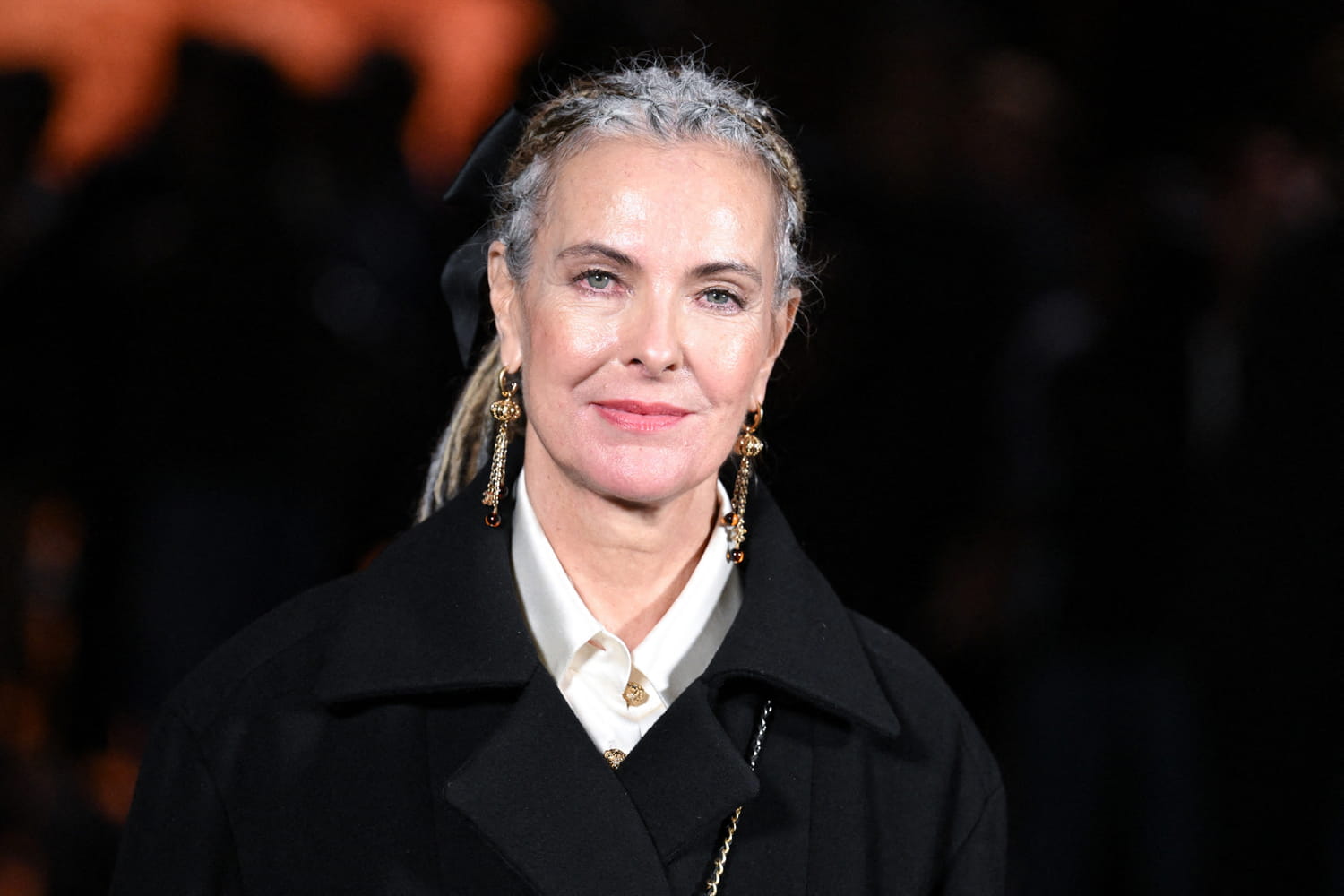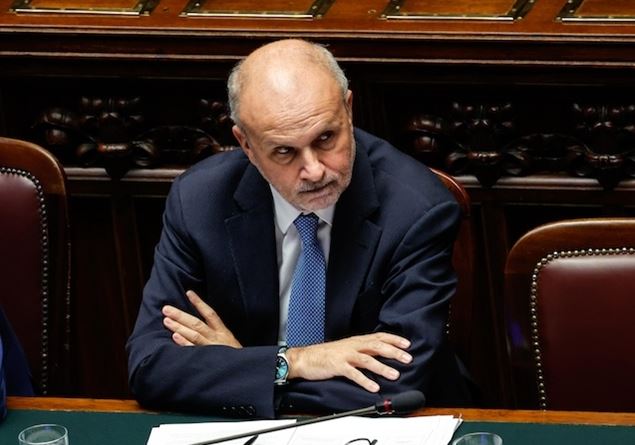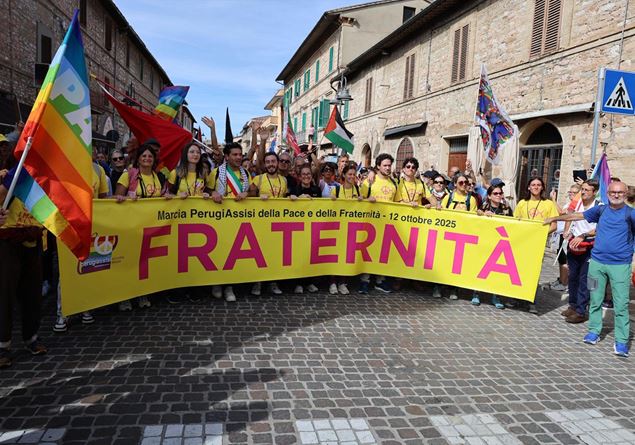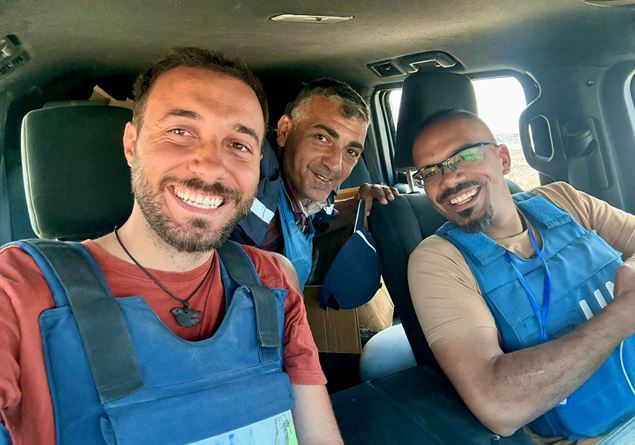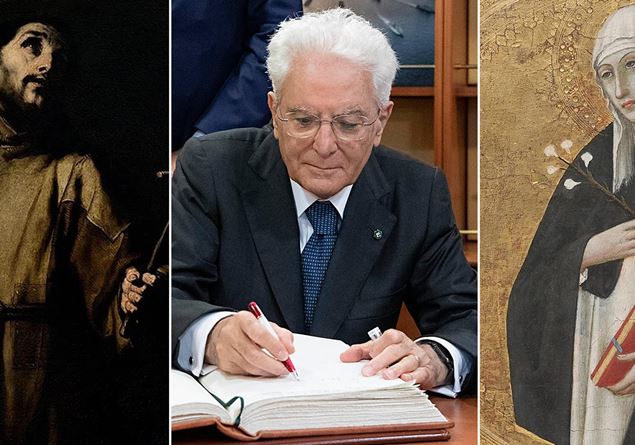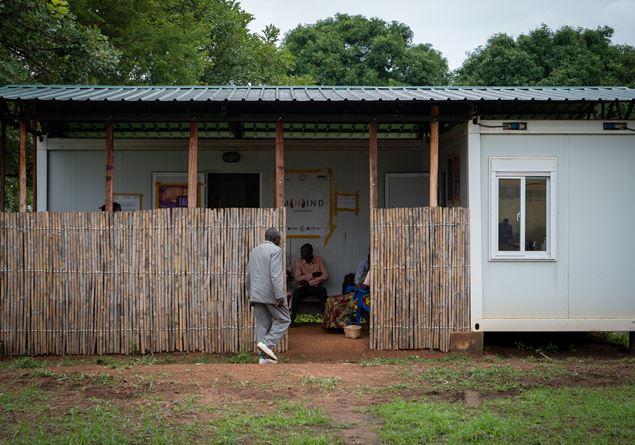For two weeks a storm has been shaking the Ministry of Health. The object of the contending for the Nitag, a cosmente organ that we had never heard of or almost. We try to understand something more, because beyond the abstruse acronym at stake there is a delicate and important question that has to do with the relationship between science and politics and with public health.
What is the Nitag
With the abbreviation Nitag indicates the national consultative group on vaccinations (translation of the acronym of its English translation National Immunization Technical Advisory Group) established with Decree 29 September 2021 subsequently integrated by decree 15 December 2021 and decree of 26 April 2022.
According to the website of the Ministry of Health, it presents itself as a “independent body with the task of supporting, behind specific request and on specific problems, the Ministry of Health in the formulation of” evidence-based “recommendations (based on evidence) on the issues relating to vaccination and vaccination policies, collecting, analyzing and evaluating scientific evidence”. The group ended up at the center of the public debate from 5 August 2025 when the Minister of Health Orazio Schillaci, signed the appointment of the new Nitag staff. Among the 22 chosen ones were in fact two names that turned on the reaction of the scientific community: Paolo Bellavite and Eugenio Serravalle.
Who is rebelled against these appointments and why
At first Francesca Russo, manager of the Prevention Department of the Veneto Region, had taken paper and pen and replied to the appointment in the Nitag, who had been communicated to her, with a renunciation of the assignment through a letter that gave an account of the decision: “matured following the evaluation of the group composition, in which there are components that, in the past, have repeatedly expressed positions not consistently consistently with the scientific evidence regarding vaccinations, in some cases arriving or disseminating messages contrary to national vaccine strategiesthe”.
His decision was followed by the position of the Medici and Dental Federation of the Federation of Orders (FNOMCE)whose president Filippo Anelli resumed in a public post the contents of a letter already sent to Schillaci who asked for the exclusion of the Federation from the Nitag: “He surprised us”, he wrote, “that the indications for the composition of the Nitag by the Ministry did not fully respond to the criteria of representativeness and sometimes even of scientificity”. And the appeal of the pact for sciencein which expressing concern “for the future of public health in Italy and of the scientific approach to health”, the immediate revocation of the two disputed appointments was strongly asked, explaining: “These two members are known for having expressed public and often ideological positions against vaccines, in particular against pediatric ones and against anti-covid vaccines. The two doctors do not boast a solid scientific production in the vaccination field, nor academic recognition on immunization. In the past, they have published and promoted pseudoscientific content, questioning the safety and effectiveness of vaccines, and supporting theories without foundation ».
Words that have reached over 15 thousand signatures in a few days including those of the Nobel Prize for the physics and academic of the Lincei Giorgio Parisi, of the immunologist Matteo Bassetti, professor of infectious diseases at the University of Genoa, the pharmacologist, founder of the research institute Mario Negri, Silvio Garattini. The case is so sensational that it also ended on the British Medical Journal, one of the most accredited international medical magazines.
Revocation
On August 17, the back married: Minister Orazio Schillaci, doctor, who was in the meantime from the contested appointmentseven if only after the decree of 5 August, dissociatedas long as it seems to threaten the resignation, The responsibility to revoke the appointment of the entire Nitag was assumedreferring to new appointments, also because among the criticisms raised by the medical colleagues, in addition to the two contested, the exclusion from the team of experts, of names that represented pediatricians, general practitioners, nurses, that is, the figures who deal directly to implement the vaccination policies and that more in direct contact with the population. After the revocation, Schillaci’s only public words were: «The protection of public health requires the utmost attention and a serious, rigorous and distant work from clamor. In this spirit we have always worked and we will continue to act in the exclusive interest of citizens ».
Reactions
Schillaci’s decision, welcomed with a applause from the scientific community, produced different and conflicting reactions in the majority of government: The disappointment of the Prime Minister who would have spoken of dissolution: “Not agreed”. And then, added: “We have always believed in the government in pluralism and in the comparison of opinions”. Forza Italia applauded the autonomy of Minister Schillaci, by voice of Senator Ronzulli, while raining criticism from the ministers of the Lollobrigida agriculture and from that of the Salvini infrastructures that said: “Here there are no dogmas and in a consultative committee of 20 people reset those who do not think like the mainstream, it does not seem scientifically correct to me. The minister decided to his head, first he appointed the commission, then he took it a tented car: evidently to the ministry there is something that does not work because either he has distracted before or distracted later, of the two. “
Science and politics, where the problem is
At the center of the issue is the criterion for selecting the technical bodies of political appointment And, in this case, the real independence of an organ, which, for its delicacy requires that the chosen ones have a specialist curriculum adequate to the task, in which scientific skills prevail over any ideological or belonging logic.
A fact not always and not everywhere I disclose, In fact, it has been happening for some time that scientific themes, from climate change, to GMOs, to vaccines are politically exploited, for consent logic and become the subject of ideological sides that have little to do with the reliability of the scientific arguments An underlying, if anything with the organization of consent and with the intention of not playing the votes of the minority that warns of some scientific knowledge acquired. An often selective distrust for which some scientific and not others refuse, as often underlines Roberto Burioni, an ordinary of immunology at San Raffaele, who for provocation invites those who refuse vaccines and therapies consolidated to refuse anesthesia for consistency in case of need.
Scientific method, consent and pluralism. Let’s try to understand more
The concepts such as “pluralism”, “different opinions” to which it gives voice, sometimes also “par condicio”, which are often evoked in this context, to justify the visibility given to statements that the scientific community disconnects, highlight a methodological error that consists in applying scientific communication concepts born to guarantee the pluralism of political opinions, by definition, subjective, which compare on the logic of consent and dissent Democratimenti must guarantee a comparison and a voice even to the most marginal positions.
But if pluralism, in terms of ideas, is political concept and a sign of democracy, in the scientific field it works in a different way: scientific research does not contemplate the “in my opinion”, it confirms and denies the hard data by definition of evidencewhich is such based on the method, which must allow the transparent publication of the data, the verification and repeatability of the results. Everything that does not respond to the method cannot be qualified as scientific. This does not mean that science cannot make mistakes, but that only through the same scientific method can it come to the correction of any errors.
How to recognize a correct comparison
A recurring error consists in the fact that the public debate in comparing positions in the scientific field does not reflect its real proportions: “Given a scientific statement,” explained the Philosopher of Science Luca Tamboliquestioned on the topic by Queryonline On the occasion of the release of his essay The customized world, introduction to scientific denialism Code Edizioni, «If the consent around this collects 97% of the experts and dissent represents only 3% of the scientific community, it cannot happen that in a transmission two people are invited, one in favor and one against, since the comparison would seem to 50%. It is not a rule to impose by law, it should be a matter of common sense. The information channels should reflect, in the media exhibition, the proportions that emerge from the scientific community, to offer a more accurate representation of scientific consensus “.
Those who arrive, moreover, also with an academic title in geology, affirming in a debate that “the earth is flat”, in light of the evidence would not be at all the owner of a minority idea, to which to give space for a match against, but the bearer of an unfounded affirmation. Unless, in the appropriate locations, scientific conferences and international scientific conferences with high impact factor, a testable test so solid as to question all the astronomical knowledge so far acquired, bringing the entire scientific community to correct them.
